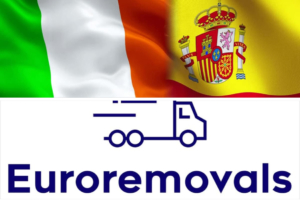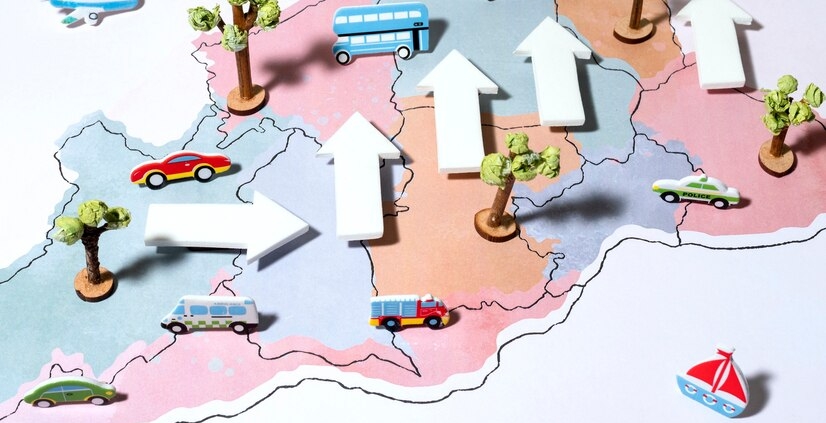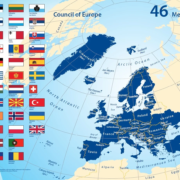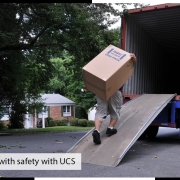Euroremovals Moving Abroad Checklist
Euroremovals Moving Abroad Checklist
The biggest mistake one can make when relocating overseas is not using Euroremovals Moving Abroad Checklist. Juggling visa/residency applications, apartment searches, and farewell parties will leave you feeling utterly drained. And in those chaotic, stressful months leading up to the big day, you’ll barely remember to eat, let alone cancel your gym subscription that only gets used twice a year :)
Calculating a rough budget is one of the most important things on Euroremovals Moving Abroad Checklist before moving to another country. And unless you look into the average cost of living, you won’t have any idea what you can afford on your salary/savings.
When you are trying to approximate your monthly expenses abroad before your move, it was useful to read about other people’s budgets for groceries and utilities.
These websites are also good for finding neighborhoods that fit your budget and preferences for safety, fun, etc. Once you get some suggestions from locals, use an accommodation search tool like Zillow or Rightmove (every country has their own) to see exactly what you can get for your money.
You can take your research a step further by looking online at public transit fares, restaurant menus, internet packages, and other inevitable expenses.
Once you have an idea of your monthly expenses, record everything in a spreadsheet and compare it against your monthly salary or planned savings withdrawal. Hopefully you don’t come up short! But if you do, the easiest places to make cuts are usually housing and food.
Speaking of money, you definitely don’t want to move abroad with no savings. Surprise expenses, accidents, and unexpected complications can quickly derail your finances. And no one wants to start their new life abroad in credit card debt!
Here are just a few ways new expats can get into financial trouble:
- Your first paycheck is delayed a month due to slow payroll processing
- The apartment you wanted to rent was unsafe/misrepresented/a scam, and you’re living out of a hotel while you search for a new one
- You get injured before your company’s health insurance starts, and the hospital won’t treat you without upfront payment
The general rule of thumb is to have 3-6 months of living expenses saved for emergencies. Euroremovals suggest leaning towards the higher end if you can, especially if your income is volatile (ex. freelancing) or you have dependents and can’t simply return to your home country if things turn sour.
Having an emergency fund can literally save your life. Making a few spending sacrifices in the months leading up to your move will be worth the safety net.
Some people think it’s easier to pack up and ship everything overseas. But unless you’re made of money, or your company is footing the bill (which will easily hit five figures if you include furniture), we highly recommend you get rid of the non-essentials and bring only luggage.
Aside from saving a boatload of money on international shipping costs and customs fees, you can skip the tedious paperwork required for using third party companies to import your stuff. And we firmly believe living with less is one of the advantages of living abroad.
Trust Euroremovals: striking this from your moving to a new country checklist is a win.
We also suggest you start the downsizing process as soon as you know your moving timeline. It’s a good idea to began purging and donating stuff about three months before your move date. By not waiting until the last minute, you’ll free up your time and energy to focus on other pre-move logistics!











